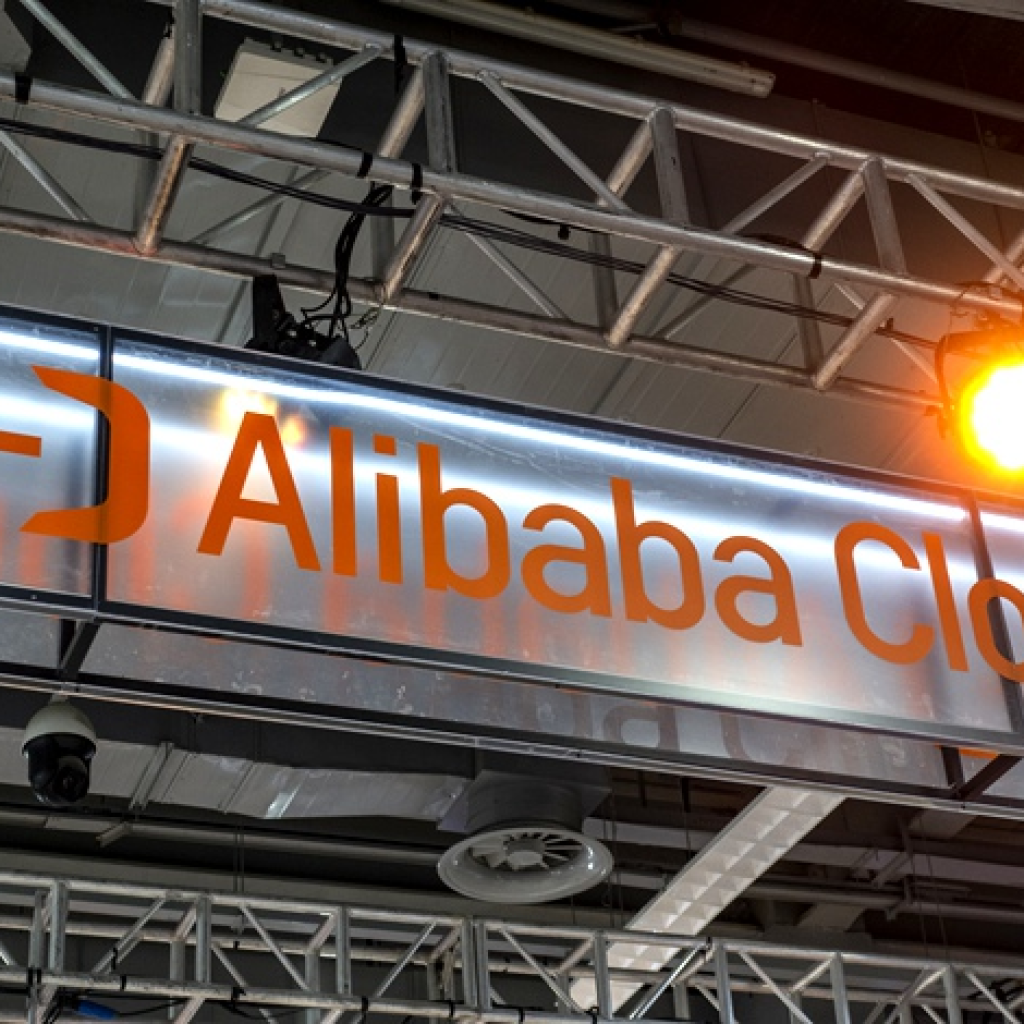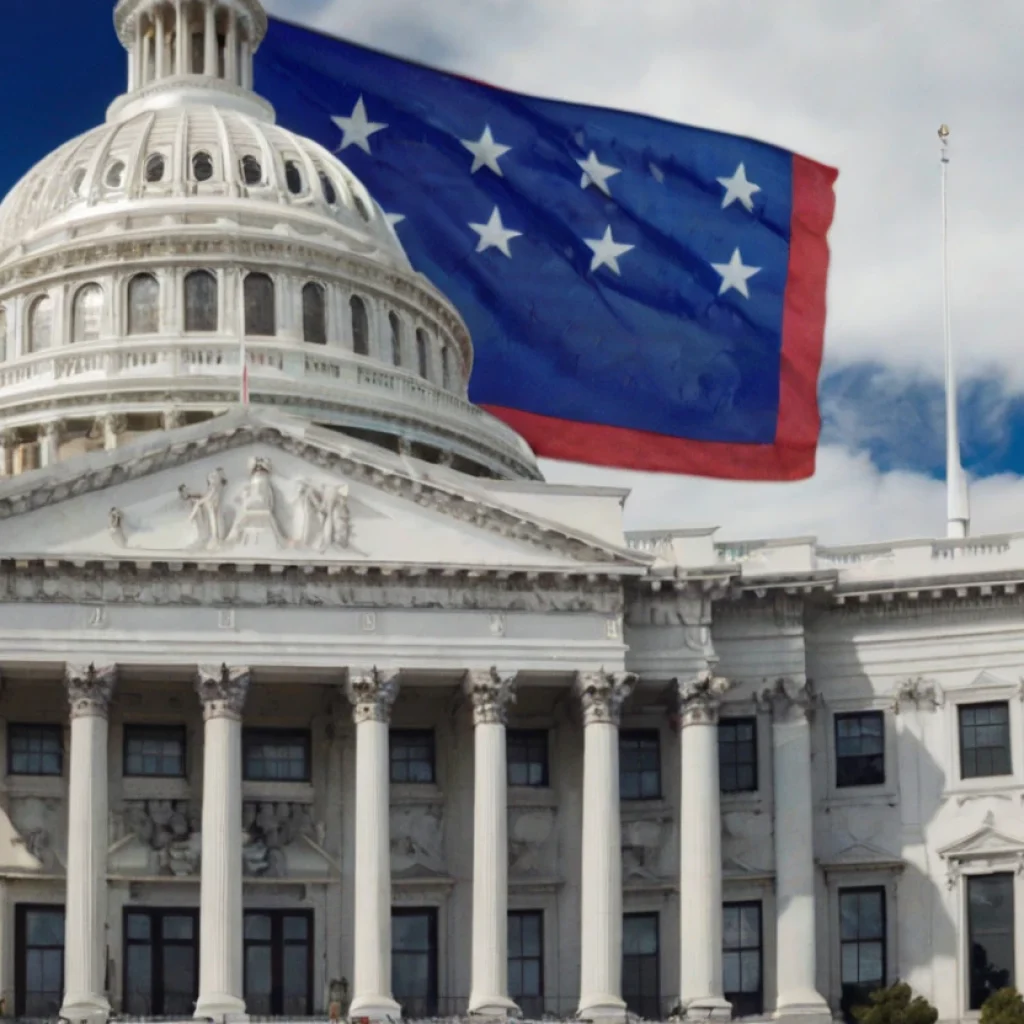The marketing environment now revolves around AI artificial intelligence, with these debates about the use of complex algorithms fast changing the agency differentiation approach. As every agency now flaunts AI capabilities, the question arises: The rise of influencer marketing leads to increasing competition, bringing questions about whether there is still space in the market to keep the originality.
Balancing AI innovation with human creativity
According to Alex Moran of Space & Time, uniqueness is the most important thing when using AI. Although AI is able to exploit the available information effectively, in the long run, it is not capable of what makes brands stand out – the uniqueness and creative approaches that set them apart. Moran draws attention to recent updates that Google implemented named ‘E-A-T’ and ‘Helpful Content,’ which prioritize singularity and expertise, so it may be good advice for brands to emphasize design distinctions and innovative ways to make use of their unique selling propositions (USPs).
While more and more people are afraid that AI will substitute creativity in entire, we should also remember, as Lee Bofkin of Global Street Art, the opposite is true. He assumes that humans will redefine themselves or their roles from creating to editing strategies, and AI will be developing hundreds of plans. While AI substitutes for humans in making decisions does not prove itself to be of lesser value, it emphasizes the importance of having a harmony between human intuition and AI skills.
Enhancing human insight with AI tools
Tom Bentham from Search South Labour points out the necessity of human interventions in marketing, citing the fact that even though computers can study and understand customers’ behavior and emotions, they remain a uniquely human skill. AI systems’ natural ability to analyze data and convert it to algorithms is unquestionable. Still, humans have the power to be empathetic and understand others’ thoughts more deeply: this combination is likely to lead to better use of AI-based tools for supporting customers.
The opinion of Paul Sluimers, an AI application in content production, is now the most remarkable thing. Yet, he is sure that AI will sooner or later become a natural feature in everything. In that case, the task is to keep the right level of the narrative fight and the technology that provides the visual framework, whether or not a specific technology is used. This reasoning is called the ethical reflection of an AI, which highlights the sense of the current ethical considerations that all the content develops to remain impactful and engaging.
Navigating AI integration in human-centric approaches prevails.
Jordan Carroll from Planet Earth 5.0 states that challenger agencies are those that do not have as savvy or as big of budgets as bigger incumbent agencies. These challenger agencies are advised to see how incumbents are investing big time in AI and that the maintaining human-centric approach will soon be more distinctive as people start to get wary of AI-generated content. With this at play, May 2024 can be the point of telling apart auto-generated content from content generated by AI like Meta from normal platform content.
AI does not replace people in marketing; instead, it makes bureaus more individual. Humanizing the use case of AI is centered on the concept of distinct applications, the supercreation and invaluable worth of human creativity, and the moral use of technology. As the popularity of AI increases, the unique way will be to combine the wide scope of AI with human insights to create marketing strategies that possess distinctive, ethical, and gripping features. The exhibit of this changing setting indicates that although AI creates an equal field, especially in the basic functions, it will be those who will combine the most creative and intelligent humans with artificial thinking who will emerge as the one who is the winner in this race.
Original content from The Drum





